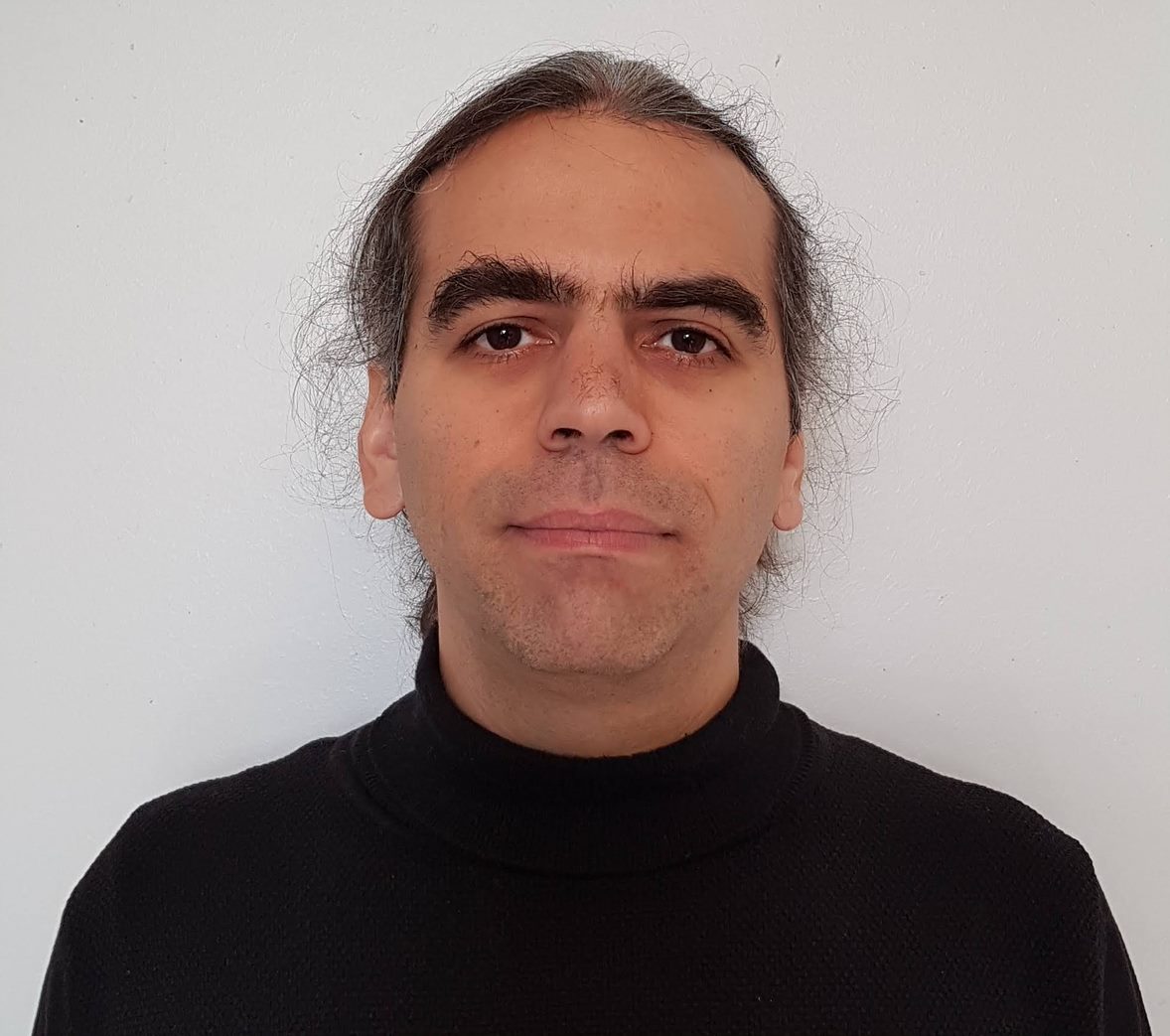In this 90 minute tool talk POP experts Salah Jäsper Ibnamar and Cédric Valensi (UVSQ) introduce the profiling and code quality assessment capabilities of the performance analysis and optimisation toolsuite MAQAO. MAQAO operates at binary level. Its main goal is to guide application developers along the optimization process through synthetic reports and hints. The tool mixes both dynamic and static analyses based on its ability to reconstruct high level structures such as functions and loops from an application binary.
This presentation was part of the HPC.NRW Tool Talk series that presented introductory talks to software development tools for HPC applications. The videos are live recordings of online presentations.
Content
- 0:00 Introduction
- 0:40 Guiding questions for performance analysis
- 8:00 Performance: a multi-faceted problem
- 11:17 A motivating example
- 14:20 MAQAO Overview
- 18:36 Success stories
- 21:35 Collaborations and interoperability
- 23:39 Analysis at the binary level
- 28:44 MAQAO Architecture
- 34:37 MAQAO Methodology
- 38:01 A word on vectorization and compiler optimizations
- 49:36 LProf: The lightweight profiler
- 52:41 CQA: The code-quality analyzer
- 1:00:43 Applying CQA to initial example
- 1:02:22 OneView
- 1:10:25 Demo: Navigating OneView Reports
Reference Material
About the Presenters
 Salah Jäsper Ibnamar is a High Performance Computing engineer at the University of Versailles France, working in the team in charge of developing and maintaining the MAQAO performance analysis framework. Jäsper research interests focus on memory performance evaluation and processor benchmarking with an emphasis on caches.
Salah Jäsper Ibnamar is a High Performance Computing engineer at the University of Versailles France, working in the team in charge of developing and maintaining the MAQAO performance analysis framework. Jäsper research interests focus on memory performance evaluation and processor benchmarking with an emphasis on caches.
 Cédric Valensi has been working as an expert engineer then as a postdoctoral researcher at the University of Versailles since 2008. In 2014 he defended his PhD on binary analysis. In 2015, he became the technical leader of the performance analysis team, in charge of coordinating the development efforts and dissemination of the MAQAO framework. His research interests focus on performance analysis and optimization, with a particular expertise in the domain of binary rewriting for the purposes of applications instrumentation. In 2019 he also became coordinator of the VI-HPS Tuning Workshops, which aim at teaching application users how to best use performance tools.
Cédric Valensi has been working as an expert engineer then as a postdoctoral researcher at the University of Versailles since 2008. In 2014 he defended his PhD on binary analysis. In 2015, he became the technical leader of the performance analysis team, in charge of coordinating the development efforts and dissemination of the MAQAO framework. His research interests focus on performance analysis and optimization, with a particular expertise in the domain of binary rewriting for the purposes of applications instrumentation. In 2019 he also became coordinator of the VI-HPS Tuning Workshops, which aim at teaching application users how to best use performance tools.
